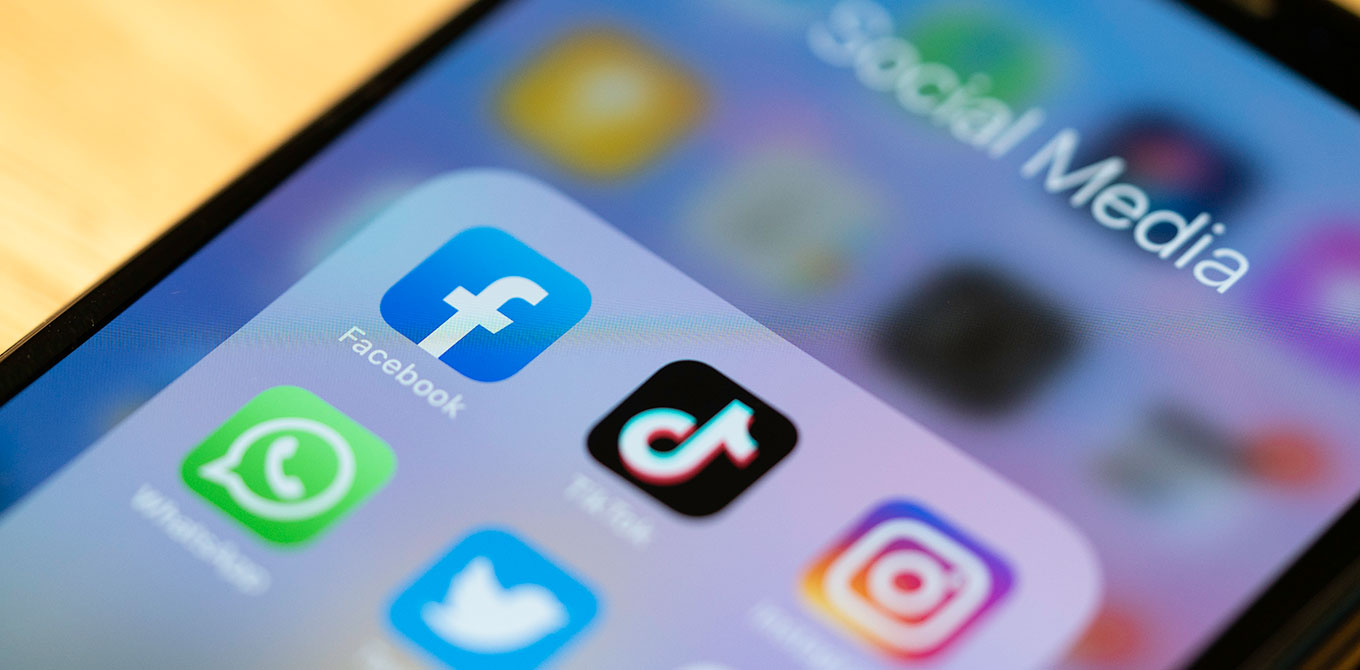2021's most valuable security and privacy tips
Cyber security threats persist and continued to emerge during 2021. In fact, cybercrime as a whole has increased 600% since the beginning of the global pandemic. To help protect your privacy and personal data, we’ve collected some of this year’s top security tips and solutions.
What is smishing and how can you prevent it?
Simply put, “smishing” is a scam attack using the SMS communications feature on your cell phone. These attempts may include text messages asking for money or personal details that could be used to access secured accounts. Follow these tips to avoid becoming a victim of a smishing attack:
- Avoid reacting to an urgent request from a company. Particularly if it’s outside of what you normally experience in communications.
- If you receive a message about a package, double-check the package shipping details via your order confirmation instead of clicking on links.
- Pay attention to the details. If the phone number that you received the message from is different from a typical phone number, do not return the call.
- If you receive an incoming text asking for information and you think it could be legitimate, contact the organization on your own via rather than responding to the text or answering an incoming call.
- Finally, trust your gut. If something feels wrong, it likely is. Smishing attacks and other fraudulent requests focus on triggering a fear response in the recipient of the message.
Learn more about smishing and how to avoid it.
7 steps to take after your personal data is compromised online.
If you discover that a company you do business with–or an online service that you use–has suffered a data breach and your data is compromised, takes these steps right away to protect yourself.
1. Change your passwords. In the aftermath of a data breach, it's especially important to change your passwords to something strong, secure, and unique.
2. Sign up for two-factor authentication. In addition to changing your passwords, sign up for two-factor authentication or “two-step verification”, wherever possible.
3. Check for updates from the company. If your data is involved in a major data breach, the company will likely post ongoing updates and disclosures about the breach and steps to take.
4. Watch your accounts, check your credit reports. Sign up for your free annual credit report to check your credit reports from each of the three credit reporting bureaus.
5. Consider identity theft protection services. For additional peace of mind, you can consider signing up for identity theft protection services.
6. Freeze your credit. Consider freezing your credit. You can do this by contacting each of the three credit bureaus (Equifax, Experian, and TransUnion) and asking to freeze your credit.
7. Go to IdentityTheft.gov. to access resources and advice on additional steps to take.
Learn more about the actions you should take if your personal information is compromised.
3 basic security tips for anyone with a smartphone.
Chances are you're holding your smartphone right now. Follow these 3 security tips to protect yourself:
1. Beware of unintentional disclosure of personal information.
It can be easy to accidentally expose your personal data to others. Always secure your phone with a passcode and avoid sharing it and use two-factor authentication when it's available on apps.
2. Avoid unsecured Wi-Fi networks
The Department of Defense advises cell phone users to avoid connecting to external Wi-Fi networks. These unsecured networks are vulnerable to phishing attacks and attempts to access passwords.
3. Always update your phone's operating system
One of the easiest steps to make sure your phone is secure is to update the operating system.
Check out more security tips to protect your personal information when using your smartphone.




